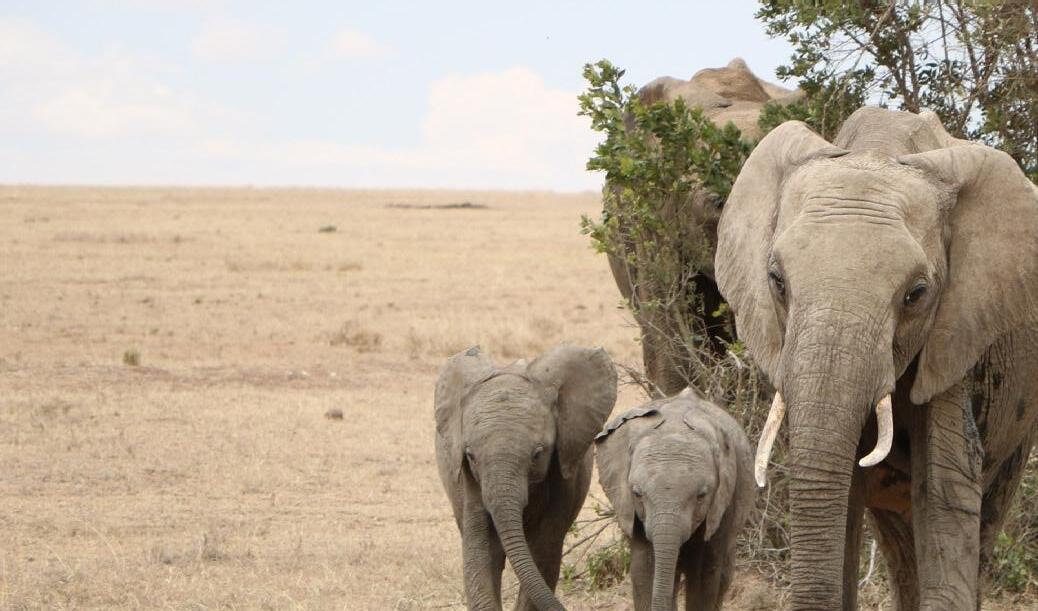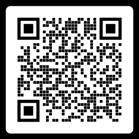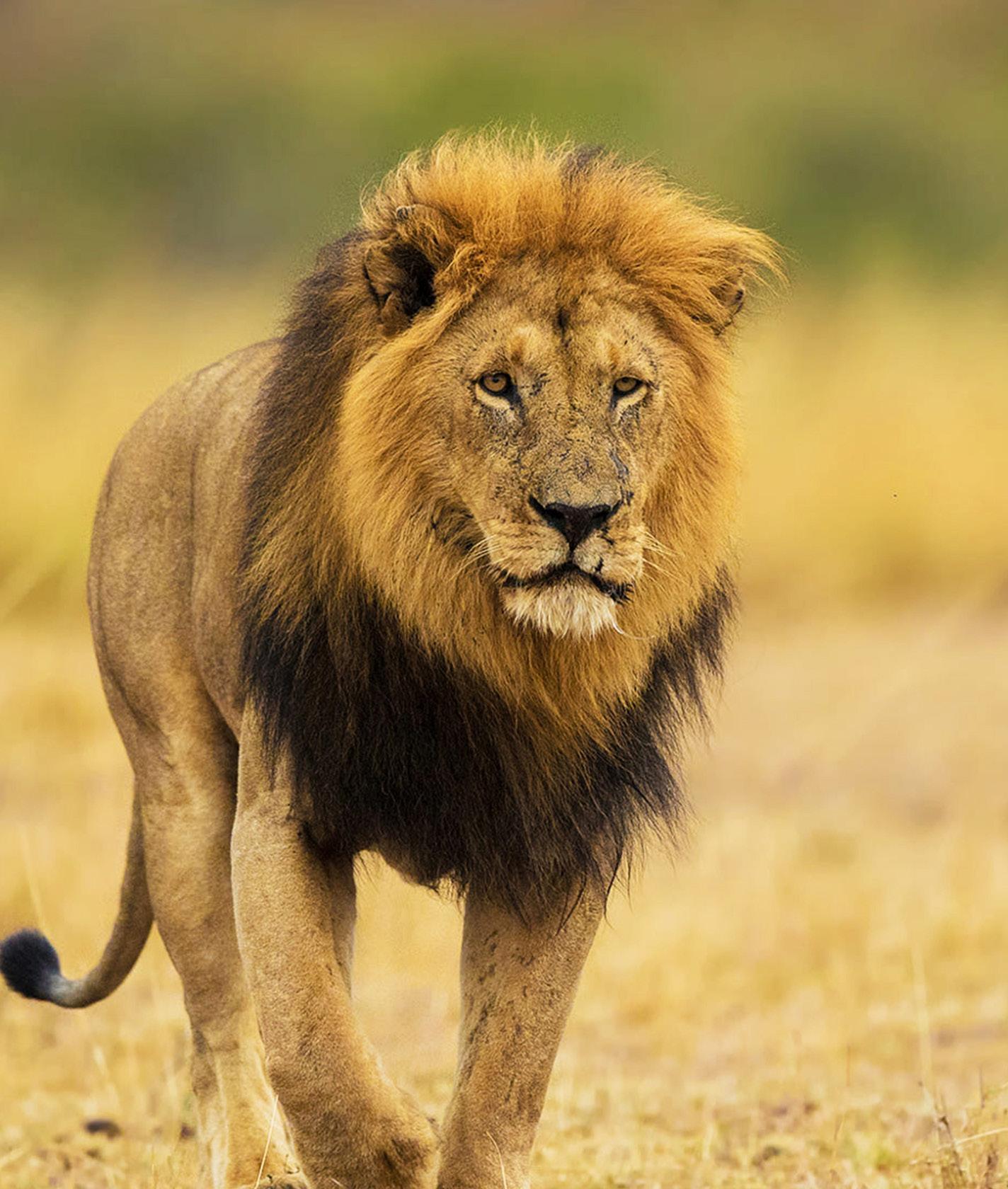

ANIMAL ISSUES DIGEST
WELCOME
As I was writing a tribute to the late Mary Mitchell Trimble, a cherished, longtime board member, I reflected on her legacy of compassion and the impact Born Free aims to have for the animal and human inhabitants of this world. While much progress has been made in animal welfare and conservation in the last few decades, we have much more work to do to ensure our vision of peaceful coexistence.
In this issue, we delve into one of the most pressing challenges for life on Earth: the biodiversity crisis. An estimated 1 million species of animals and plants are facing extinction due to human activities and exploitation. Our cover story explores the drivers of this crisis and the work we are doing to protect wildlife in the United States and preserve biodiversity in West Africa (page 5).
While we work on change on a grand scale, we also continue making the entire world of difference to individual animals. You’ll read about a rescued monkey named Pablito who had a lonely, miserable existence prior to coming to our primate sanctuary (page 8). You’ll also read about wild animals who escaped from cruel captivity resulting in injury and suffering to themselves and humans (page 3). It is for these reasons and many more that we issue well-researched reports such as our upcoming big cats in captivity report and campaign for legislative action and change-making movements to end keeping wild animals as pets and on public display.
The natural world is a vibrant and interconnected tapestry of beautiful beings. It is more important than ever before that we recognize the value of every living being and take action to sustain their ability to thrive in nature.
HIGHLIGHTS FROM THIS ISSUE

Born Free’s goal is that wildlife is allowed to live in the wild where they rightfully belong. Thank you for being part of our community making an impact and securing a peaceful future for wild animals. We are grateful for your continued support.
Warmly,

Animal Issues Digest is published twice per year by Born Free USA to inform and educate our readers about major wildlife issues. Copyright © 2024 by Born Free USA. Complimentary copy available on request. For reprints, and all editorial correspondence, please write to Animal Issues Digest editor at info@bornfreeusa.org. To get the latest information on wildlife issues and what you can do to help imperiled wild animals, become a member of Wildlife Alert Team at bornfreeusa.org/newsletters.
We work to ensure that all wild animals, whether living in captivity or in the wild, are treated with compassion and respect and are able to live their lives according to their needs. We seek to have a positive impact on animals in the wild and protect their ecosystems in perpetuity, for their own intrinsic value and for the critical roles they play within the natural world.
Art, Production & Editorial:
Arlene Harting-Josue, Graphic Designer Karen Lauria, Communications Director
Writers & Contributors: Shelley Brend; Wendy Coonrod; Suzanne Emerson; Angela Grimes; Gita Matlock; Devan Schowe; Alice Stroud; Dr. Liz Tyson-Griffin.
Angela Grimes Chief Executive Officer Born Free USAP.O. Box 32160, Washington, DC 20007 (301) 448-1407 | info@bornfreeusa.org | bornfreeusa.org
A YEAR IN CAPTIVE WILD ANIMAL ATTACKS FROM OUR EXOTIC ANIMAL INCIDENTS DATABASE
From kangaroos, to servals, to monkeys, to bears, to boa constrictors, private exotic animal ownership in North America puts the public at a high risk of fear, injury, or death. Yet, legislation continues to fall short of what is needed to protect humans and animals from unnecessary and often irreversible harm.
Within just the last year, we have chronicled dozens of exotic animal escapes and attacks in our Exotic Animals Incident Database; seven of which resulted in human injury. Unfortunately, as is frequently the case, many of these incidents resulted in the death of the animals to prioritize the safety of the humans involved.
For example, in Pendleton County, Kentucky, a woman faced charges after a marmoset bit a child in her home. The marmoset was then seized from the home by the U.S. Fish and Wildlife Service and killed to be tested for rabies. The woman was charged with holding wildlife without a permit – the second time the woman was cited in unlawful possession of a primate.
In Carter County, Oklahoma, a woman’s ear was nearly ripped off by a neighbor’s “pet” monkey. The woman described the experience as “traumatizing” as the monkey broke the screen door on her porch while attempting to get inside. When the
woman went outside, the monkey jumped on her head, bit her ear, and ripped out chunks of her hair. She will need plastic surgery. A family member of the victim shot the monkey dead at the scene of the incident.
In Pickaway County, Ohio, a man was hospitalized after being attacked by his “pet” zebra. The sheriff’s office deputies responded to a call after a man reported his arm being nearly ripped off by the animal. When police arrived, the zebra continued trying to charge the victim and others until a deputy shot and killed him.
Finally, in a tragic incident that ended in both the loss of human and animal life, an infant was killed by the family’s wolf-dog hybrid in Chelsea, Alabama. Upon arriving at the scene, first responders discovered that the baby had been mauled and immediately took the baby to the hospital for emergency treatment. Although the child was alive upon arrival, he was soon
pronounced dead from his injuries. The wolf-dog was killed on-site by a veterinarian and taken to a lab for further examination.
How many incidents must we chronicle in our database before federal legislation is enacted banning ownership of potentially dangerous wild animals? How many times must we observe wild animals attempting to communicate to us that they are unsuitable for and unhappy in captive environments? We hope that we will soon witness a future in which these horrific events are no more than memories of a past we have learned from – for both the animals’ sakes and our own.

UNFORTUNATELY, AS IS FREQUENTLY THE CASE, MANY OF THESE INCIDENTS RESULTED IN THE DEATH OF THE ANIMALS TO PRIORITIZE THE SAFETY OF THE HUMANS INVOLVED .
BIG CATS DON’T BELONG IN ZOOS!
As part of our series documenting the suffering of wild animals in zoos, we are excited to announce a new research project on big cats in captivity. In the year following the introduction of the Big Cat Public Safety Act, our newest report charts the ways in which zoos exploit these majestic animals for profit, while failing to serve their claims of conservation.
Published this spring, the report shares case studies telling the stories of lions, tigers, jaguars, and other big cats in both roadside zoos and accredited facilities. These stories make clear that, whether they are kept in big budget accredited institutions or rundown roadside attractions, big cats do not belong in zoos. Watch our website for the report and share it widely once it is published!
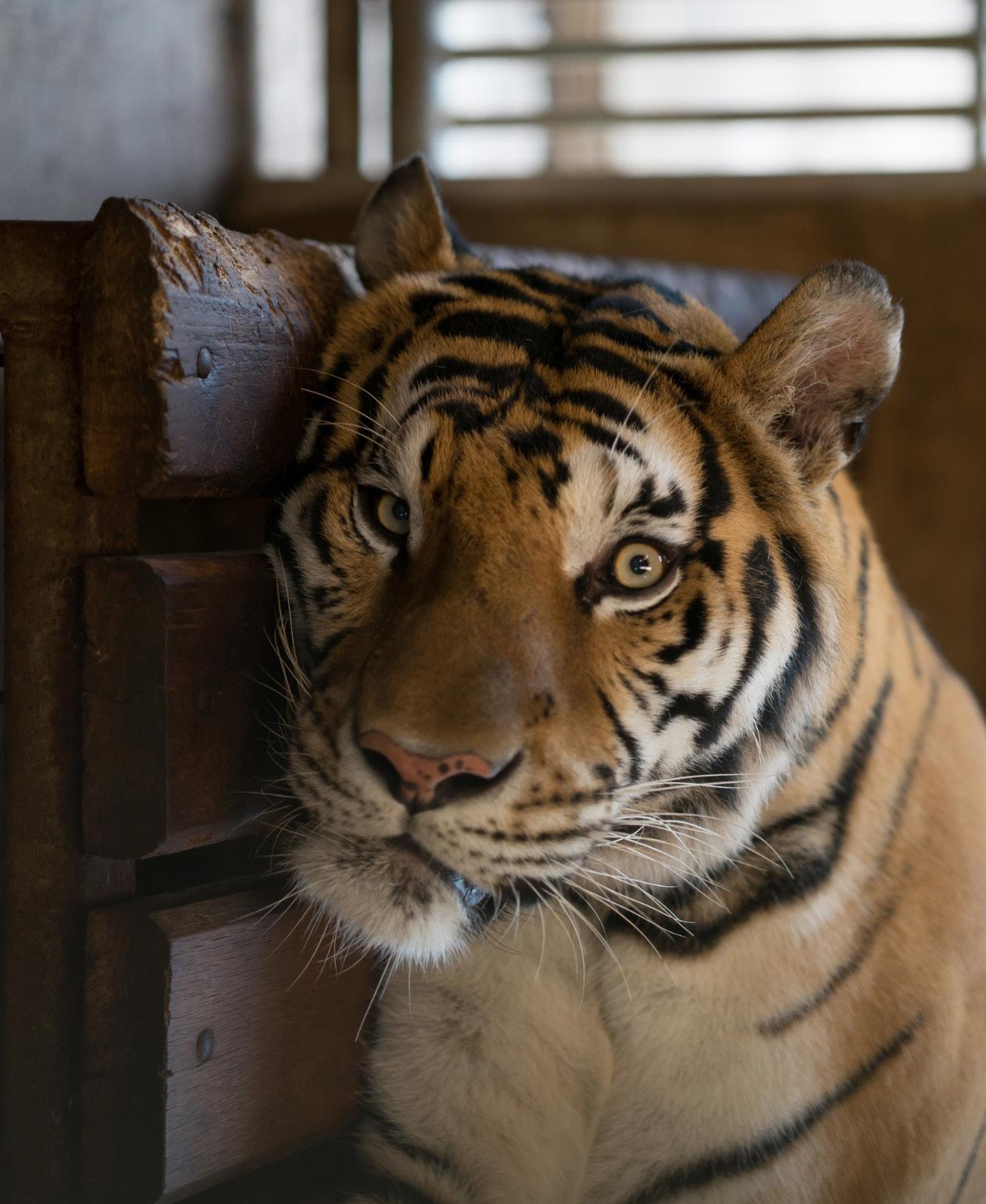
Get animal news, actions, victories, and more right to your email inbox as a member of Born Free USA’s Wildlife Alert Team! Join today at bornfreeusa.org/ newsletters or scan the QR code.
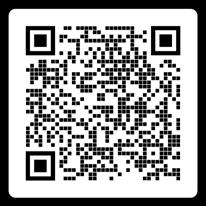
BORN FREE IN ACTION: FIGHTING THE BIODIVERSITY CRISIS
The term “biodiversity” – short for biological diversity –describes all the variations of life on earth and the natural interactions between living things within ecosystems. It is estimated that around 1 million species are now threatened with extinction, many in the coming decades. The extinction of so many species would lead to ecosystem collapse. This is what we call the “biodiversity crisis.”
In addition to the consequences for the natural world, the loss of so many species of animals and plants also poses a major threat to the well-being of human communities. To thrive, humans depend on food systems, clean air, climate, and freshwater produced by healthy ecosystems, which would all be put in serious jeopardy by such a devastating loss of biodiversity.
The impacts of extinction will be especially hard felt in the Global South. For instance, climate models indicate that sub-Saharan Africa will be particularly affected by the negative impacts of climate change on agricultural production and food security. If urgent action is not taken, by 2100 – less than 80 years from now – climate change could also lead to the disappearance of more than half of the continent’s bird and mammal species, a 20-30% decline in the productivity of its lakes, and a significant loss of its plant species.
What Is Causing the Biodiversity Crisis?
There are numerous factors driving the biodiversity crisis, but ecologically unsustainable exploitation of wild species is the leading driver of biodiversity loss in our oceans and the secondary driver on land. Other factors include changes in land and sea use; climate change; pollution; and invasive species.
In short, the biodiversity crisis is caused by human activities, which exploit and extract resources from the natural world at an unsustainable and growing scale.
How Born Free USA Is Responding
Born Free’s tagline expresses our dedication to keeping wild animals where they belong – in the wild. As such, it is part of our mission to ensure that wild places remain wild; that natural habitats continue to exist where wildlife can live and flourish in safety. Born Free USA is focusing its work to counter the biodiversity crisis on the two biggest drivers of extinction – harmful changes affecting ecosystems and unsustainable exploitation of threatened species.
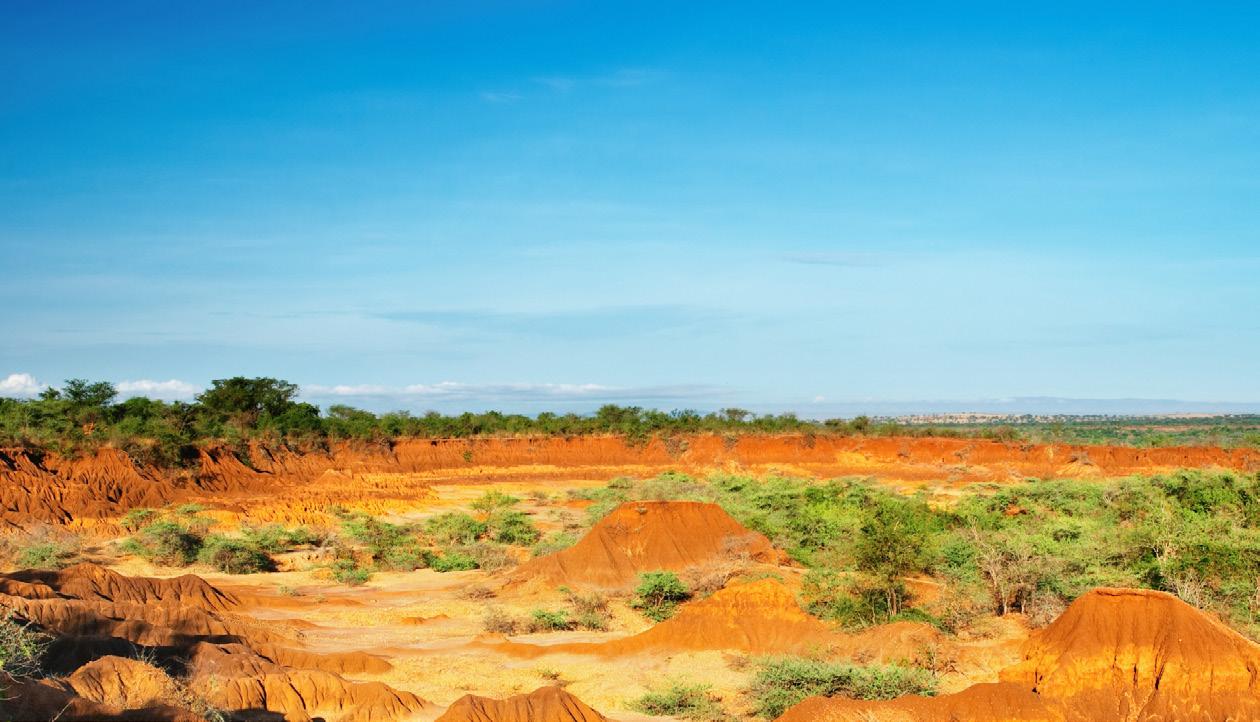
Fighting to Preserve Biodiversity in West Africa
West Africa is one of the most biologically diverse regions on earth, and one of the most vulnerable to the impacts of the biodiversity crisis. Born Free USA has been on the ground in the region for the last several years, working in partnership with member countries in the Economic Community of West African States (ECOWAS) to combat illegal wildlife exploitation.
In October 2022, ECOWAS countries launched a plan to combat biodiversity loss. The ECOWAS appeal for an ambitious global response to the biodiversity crisis is a policy document setting up the measures needed for a robust response to the biodiversity crisis and promoted as guidance on coordinated ECOWAS positions for negotiations on climate at high profile international meetings, including the Convention on International Trade in Endangered Species of Wild Fauna and Flora (CITES) Conference of Parties in November 2022.
Today, only 15% of the world’s land and 7% of the oceans are protected. Through this appeal, ECOWAS countries advocated for:
• The expansion of protected areas to at least 30% of the planet by 2030 (“30 by 30”).
• Prohibiting environmentally damaging activities.
• A commitment to immediately halt human-induced extinction of wild species.
• A commitment to ratify a high-seas treaty to enable the designation of protected areas in the global ocean.
• A commitment to eliminate the use and trade in wild species that is illegal, unsustainable, or poses a risk of zoonotic disease transfer to humans, wildlife, or other animals.
These regional efforts played a significant role in securing the adoption of ambitious global commitments in the Kunming-Montreal Global Biodiversity Framework (KM-GBF), the reference document adopted in December 2022 to set new goals and targets for organizing a global response.
Born Free USA is focusing its work on the ECOWAS region on providing targeted support to member states
focused on curtailing wildlife crime; stopping unsustainable international trade in threatened species; strengthening protected areas; and operationalizing the implementation of commitments made in the ECOWAS Appeal
Strengthening the Endangered Species Act
Born Free USA also works to protect biodiversity closer to home by safeguarding and strengthening the Endangered Species Act (ESA). The ESA, enacted into law in 1973, is responsible for preventing the extinction of 99% of listed species, including such iconic American species as the bald eagle, the gray wolf, and the grizzly bear. The ESA also enjoys the support of 90% of American voters, making this law not only extremely effective, but also extremely popular.
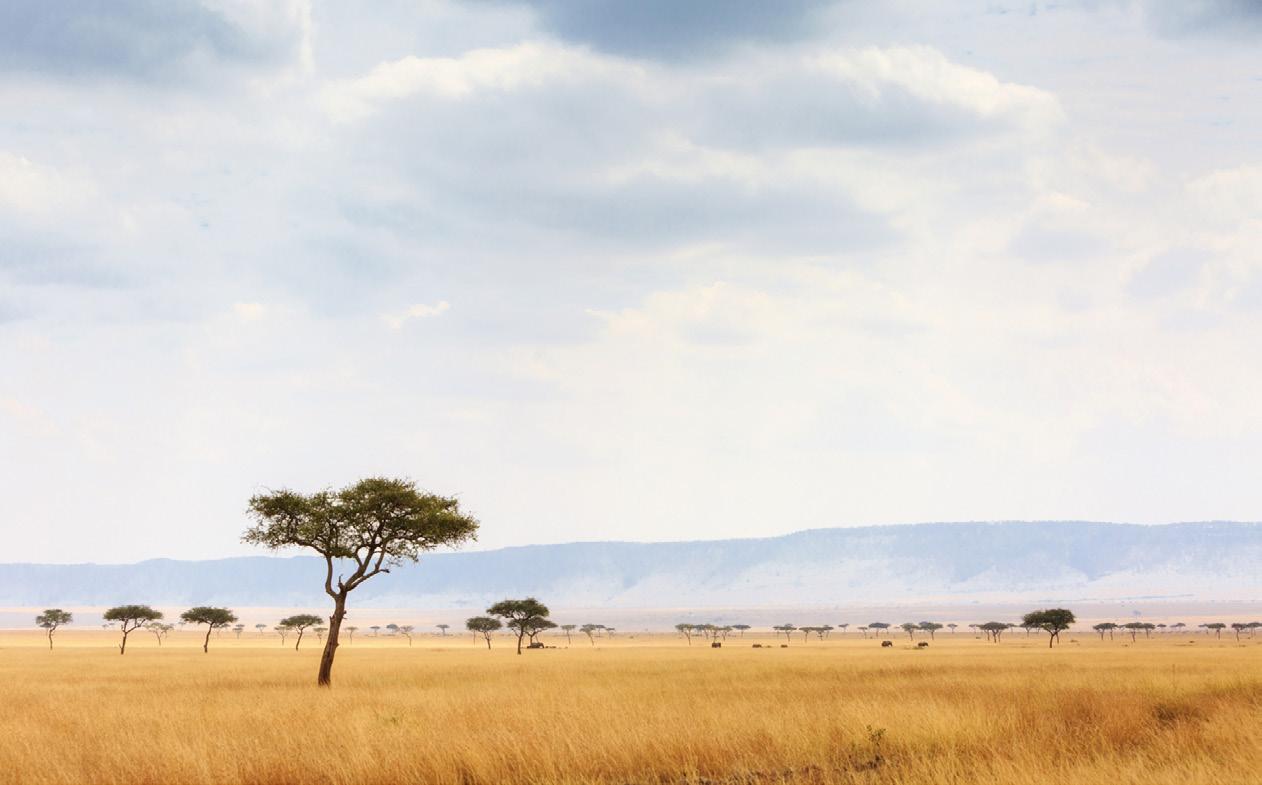
Yet, despite the ESA’s effectiveness and popularity, it is under assault by lawmakers who seek to weaken and undermine it. There have been hundreds of direct attacks on the ESA since 1996, including anti-ESA decisions and actions by federal agencies, proposed anti-ESA legislation, and legislative “riders,” which add anti-ESA provisions to bills.
Born Free USA defends the ESA by advocating against legislation and policies that seek to weaken it and by educating the public about the importance and effectiveness of this crucial law. We also advocate for the protection of specific species under the ESA, including the African lion (granted ESA protection in 2015) and Great Lakes wolves (granted protection in 2017).
Protecting Macaques in Southeast Asia
We are currently working to secure ESA protection for macaque species in Southeast Asia. The long-tailed macaque currently represents one of the most extreme examples of a
species being so widely exploited by humans that it is now threatened with extinction. Long-tailed macaques are threatened with declining habitats across their native range; overutilization for scientific, commercial, and recreational purposes; inadequate regulatory framework; and culling due to human-macaque conflicts like crop foraging.
In 2023, Born Free USA, together with dozens of other leading animal welfare and conservation organizations, petitioned the U.S. Fish and Wildlife Service (USFWS) to list long-tailed macaques as Endangered or Threatened under the ESA.
We Are All in this Together
While some regions and economies are more vulnerable to the impacts of the biodiversity crisis than others, the impending loss of so many species – and the destruction of so many ecosystems – will impact us all. Born Free USA is on the front-line of the fight to protect the natural world and, as our supporter, you are there by our side.
YOU CAN ENSURE HER FUTURE .

When you make a gift to Born Free USA you are helping…
• Provide dozens of trainings for officials fighting wildlife crime in West Africa.
• Collaborate with global networks for the humane care of confiscated animals.
• Ban trapping on U.S. public lands to protect wildlife, humans, companion animals, and 500+ endangered species.
• Rescue abused monkeys and give them a home for life at our sanctuary.
• And so much more!
Please make your gift today using the enclosed envelope or online at bornfreeusa.org/donate.
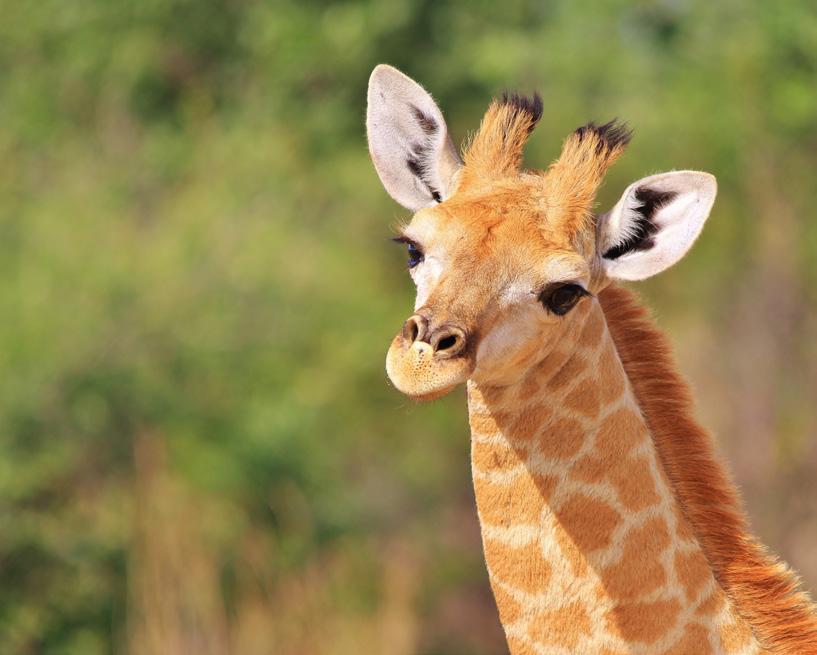

PABLITO: FROM STREET TO SANCTUARY
On Valentine’s Day this year, an unusual road traffic accident saw a young monkey hit by a car in the Texas town of Laredo. The little macaque suffered serious head injuries but, incredibly, survived thanks to the quick action of Animal Control and staff at the vet clinic that he was rushed to. Nobody knows where the monkey came from, and no one came forward to claim him – perhaps because they knew it is illegal to keep a monkey as a pet in the city limits.
Regardless of where he came from, it was clear that he needed a good home, and the vets in Laredo did not know what to do with him. By pure coincidence, the sanctuary’s veterinarian, Dr. Jennings, called the clinic the same day the monkey arrived to take up a reference for a new member of sanctuary staff. “Thank goodness you called!” said Dr. Reyes, “Please can you help us?”
After a little organizing, Sanctuary Director, Liz, and Dr. Jennings took the short trip from our south Texas sanctuary to Laredo and brought our newest resident home. Affectionately named Pablito by the Laredo vet staff after a tech who cared for him during his recovery, the name stuck. A health check showed that Pablito was largely healthy, if underweight and a little anemic; both things that can be fixed with good care and nutrition.
At the time of writing Pablito is in his quarantine period to ensure that he is not carrying any illnesses that might threaten our existing residents. Once his tests come back clear, we will begin to work on socializing him with other monkeys. We never know how these introductions will go with former “pets” as they have often never seen another monkey since they were torn from their mothers shortly after birth. For this reason, we carefully monitor new arrivals to learn more about their temperament and behavior, and take any introductions very slowly to safeguard both them and their potential new friend. Due to Pablito’s young age, we are confident that we can find a social group for him where he can thrive.
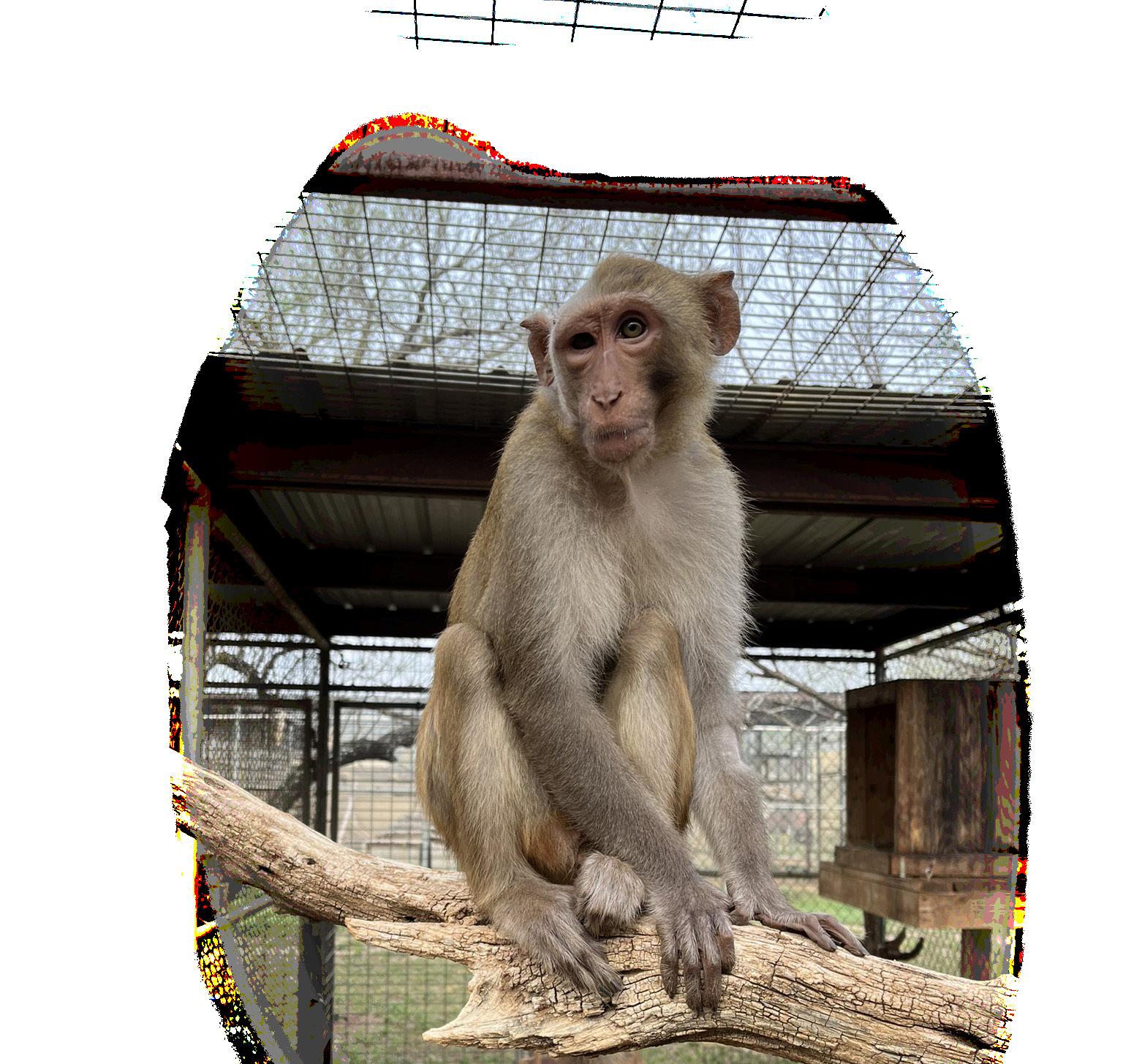
PABLITO’S STORY COULD HAVE EASILY ENDED ON THAT LAREDO STREET ON VALENTINE’S DAY – WE ARE SO GRATEFUL THAT HE NOW HAS A CHANCE TO THRIVE WITH US .
For now, as he heals from his physical and psychological wounds, we are getting to know him. So far, he has shown us his gentle and calm temperament and his natural inquisitiveness about the world around him. His story could have easily ended on that Laredo street on Valentine’s Day – we are so grateful that he now has a chance to thrive with us.
We are holding a special fundraiser to support the first of what could be more than 30 years of sanctuary care for Pablito. Help support this special monkey at bornfreeusa.org/pablito.

ENHANCING AND IMPROVING THE MONKEYS’ SANCTUARY HOMES
This spring, we completed several building projects at our primate sanctuary, thanks to the generous funding provided by our Women for Wildlife members.
Phase one of our project focused on replacing several feeding platforms for the monkeys. These platforms are a popular gathering spot where the monkeys enjoy their daily produce and treats. Over time, the platforms need repairs due to exposure to the weather and the monkeys’ activities. Additionally, we constructed new water platforms for the monkeys’ water troughs.
In the coming weeks, phase two of our project will involve the construction of new climbing structures for the monkeys to enjoy. We will also install new sunshades and mister systems. These additions provide much needed relief from the summer heat. The monkeys especially enjoy playing in the water!
We extend our sincere appreciation to our Women for Wildlife members whose contributions have positively impacted the monkeys’ physical and mental well-being.
To learn more about Women for Wildlife, including how to join us in our efforts, please visit bornfreeusa.org/womenforwildlife.
A new climbing structure built with the support of our Women for Wildlife membership group.
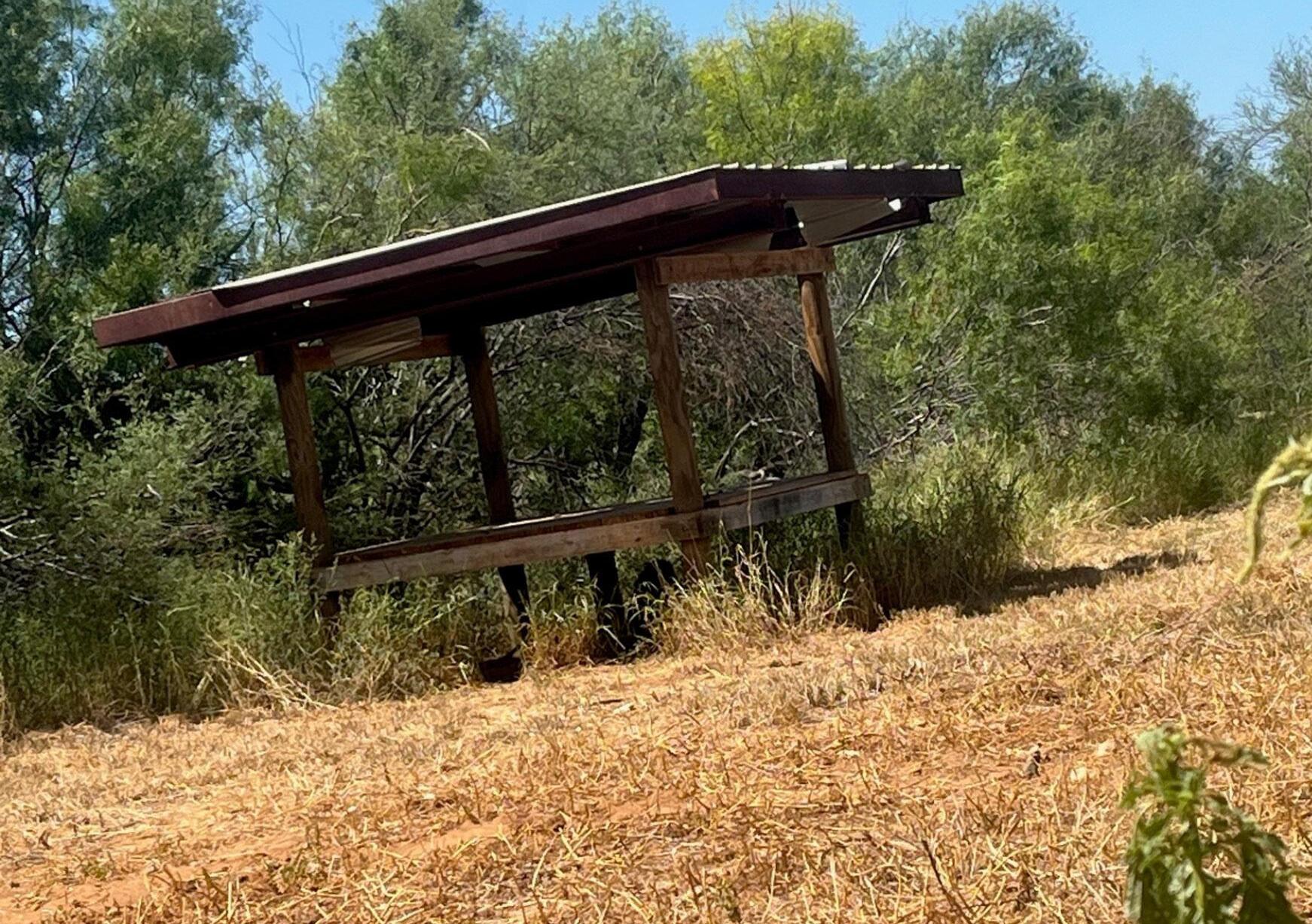
FROG TRAFFICKING IN WEST AFRICA: A COLD-BLOODED TRADE
When we think of wildlife trafficking in West Africa, the species that come to mind include elephants, lions, pangolins, and other well-known mammals. Rarely do we think about animals like frogs. Yet, the illicit trade in West African frogs for human consumption has emerged as a significant threat in recent years.
Frogs are caught across the region, including in Niger and Benin, where they are dried before being taken to market. The scale of the trade is vast, although exact numbers of frogs, and the specific species targeted, are largely unknown. In the north of Nigeria, for example, Bunza market specializes in frog trade. The market is huge; dried frogs are bought and sold there every day of the year, in enormous quantities.
Frogs represent an affordable source of protein for communities in which poverty is a daily reality. Many West African frog species are listed by International Union for Conservation of Nature (IUCN) as “widespread and abundant” and therefore not currently considered threatened. While small-scale local consumption is unlikely to harm frog populations, the emerging large-scale commercialization of the
trade in the region – currently unregulated by the Convention on International Trade in Endangered Species of Wild Fauna and Flora (CITES) – now likely jeopardizes the region’s frog species.
Frogs play an important role in their ecosystem and provide vital services to human populations, such as eating mosquitoes and mosquito larvae, as well as other insects. Frogs also consume significant amounts of algae, which aids the survival of fish larvae. A study carried out in the Ouémé Valley, Benin, found that frog capture and trafficking (primarily to Nigerian markets) is uncontrolled and unregulated. Where once frogs were abundant, hunters must now walk many kilometres away to more remote areas to find enough frogs.
Born Free USA is working with countries in West Africa to review options for regulating the trade in frogs to ensure the long-term protection of frog species and preserve the natural ecosystem services they provide to human populations.
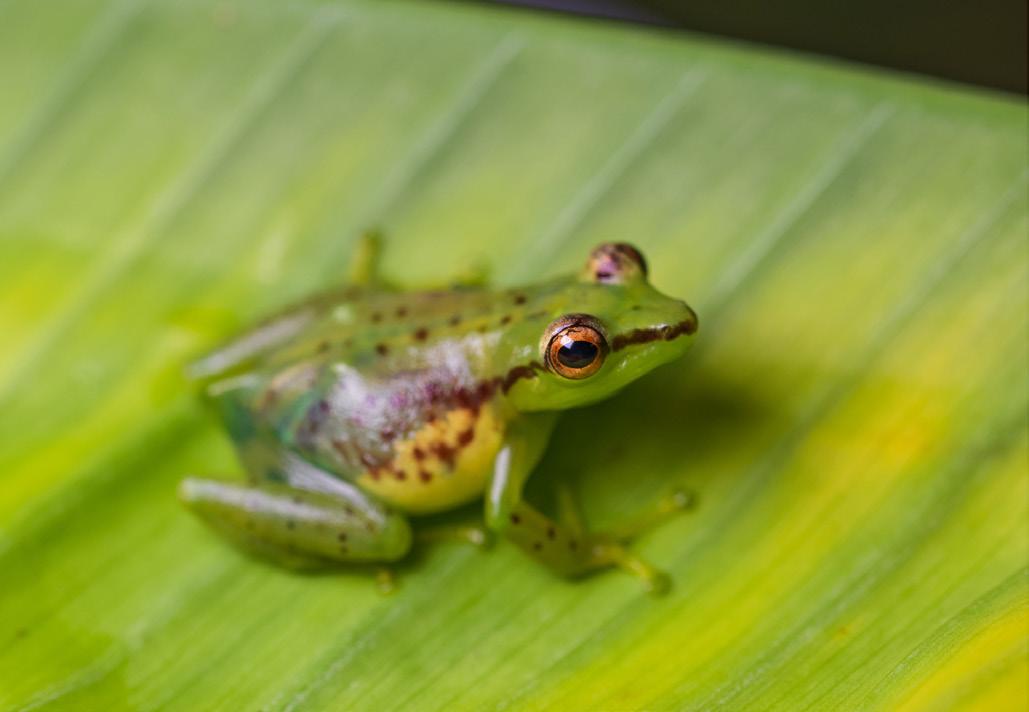
Please keep an eye out for updates on our blog at bornfreeusa.org/news.
RARELY DO WE THINK ABOUT ANIMALS LIKE FROGS . YET, THE ILLICIT TRADE IN WEST AFRICAN FROGS FOR HUMAN CONSUMPTION HAS EMERGED AS A SIGNIFICANT THREAT IN RECENT YEARS .
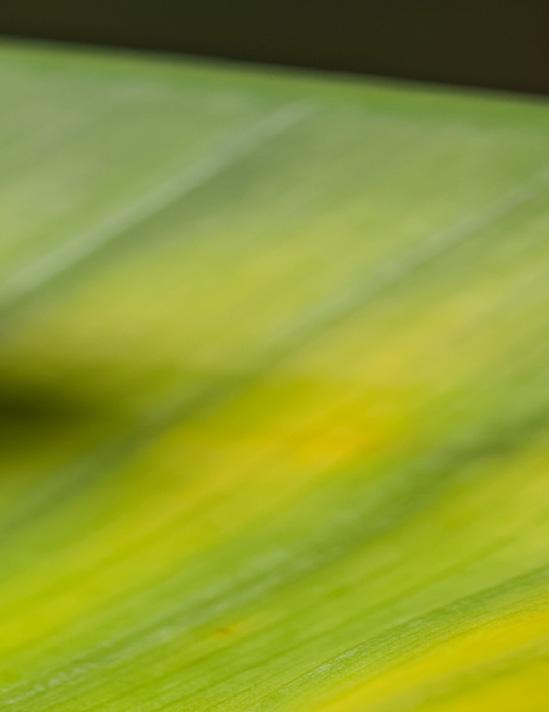
CELEBRATING MARY MITCHELL TRIMBLE
Mary Mitchell Trimble was a compassionate leader in animal welfare reform – at Born Free USA and beyond. A long-serving member of the Board of Direc tors of Born Free USA, and prior to its merger, that of Animal Protection Institute, Mary was an active guide and inspiration.
Mary was profoundly involved in the Born Free USA Primate Sanctuary. She showed her commitment and desire to lead from a place of knowledge by occasionally working alongside caregivers on their morning shift helping to feed monkeys and clean enclosures.
I don’t believe she was capable of saying the words “good enough.”
When we would talk about plans for building a new monkey habitat, I knew Mary would want to make it bigger. She pushed us to do as much as we possibly could to create a good life for the monkeys who had suffered so much in their lives before coming to the sanctuary.

Her empathy and desire to do the best extended beyond animals. She cared deeply for the humans who care for animals. She advocated for higher pay for front line staff, ensuring people were taking restful vacations, and that we, the leadership, were supporting the physical and mental health of our team members. She genuinely cared for people and made them feel heard, important, and appreciated – because they truly were to her.
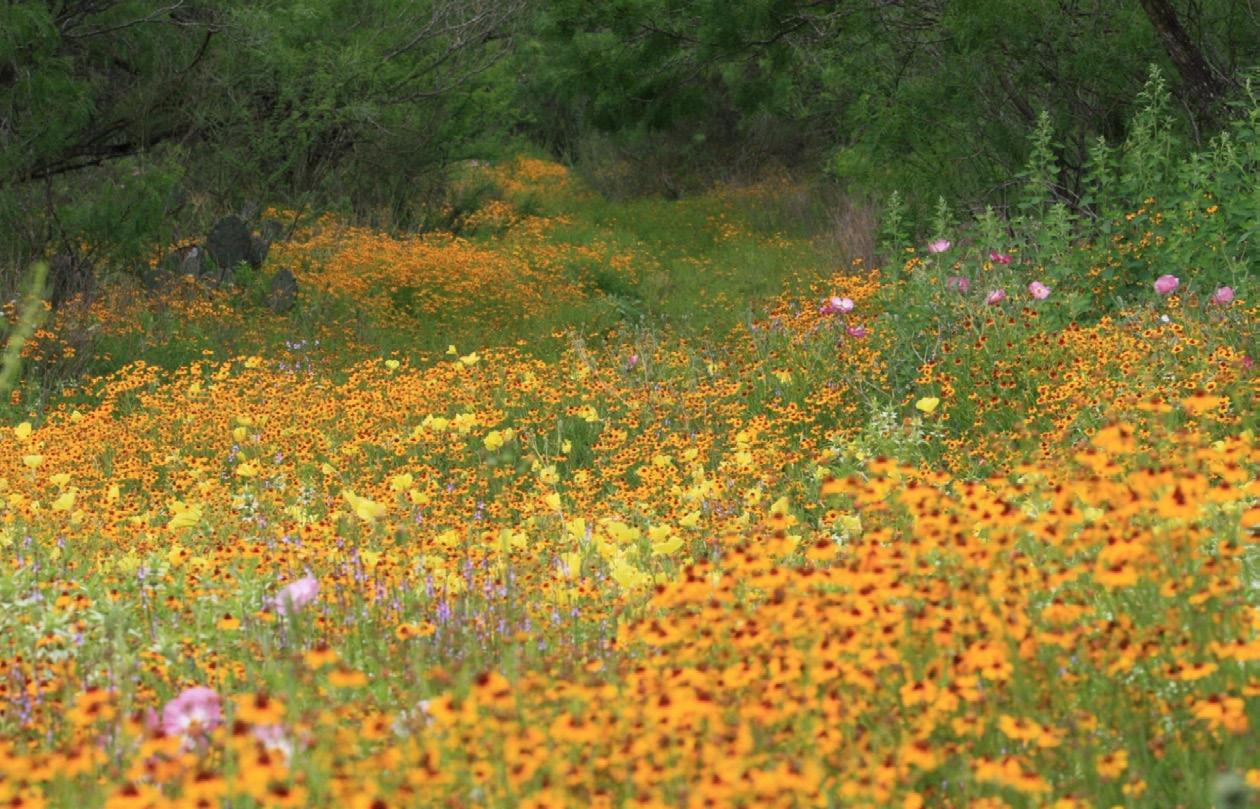
Mary inspired everyone around her to do more – to do our best – for the animals who rely on us. She did this by being an example and with kindness, and she leaves a rich legacy of making the world a better place for animals and humans.
We will always remember and celebrate her compassion and her humanity.
OFFICIAL PUBLICATION OF
P.O. Box 32160
Washington, DC 20007
301-448-1407
info@bornfreeusa.org
www.bornfreeusa.org
Change Service Requested XXNameXX
LEAVE THE WORLD A BETTER PLACE
Have you considered what legacy you would like to leave behind?
In mere minutes, you can secure your family’s future and ours with our complimentary Will and Trust creation tool.
A planned gift to Born Free USA makes you a valued member of Elsa’s Legacy Circle – our most dedicated group of supporters – and helps ensure that all wild animals, whether living in captivity or in the wild, are treated with compassion and respect and are able to live their lives according to their needs.
Scan the QR code or visit bornfreeusa.org/freewill.
